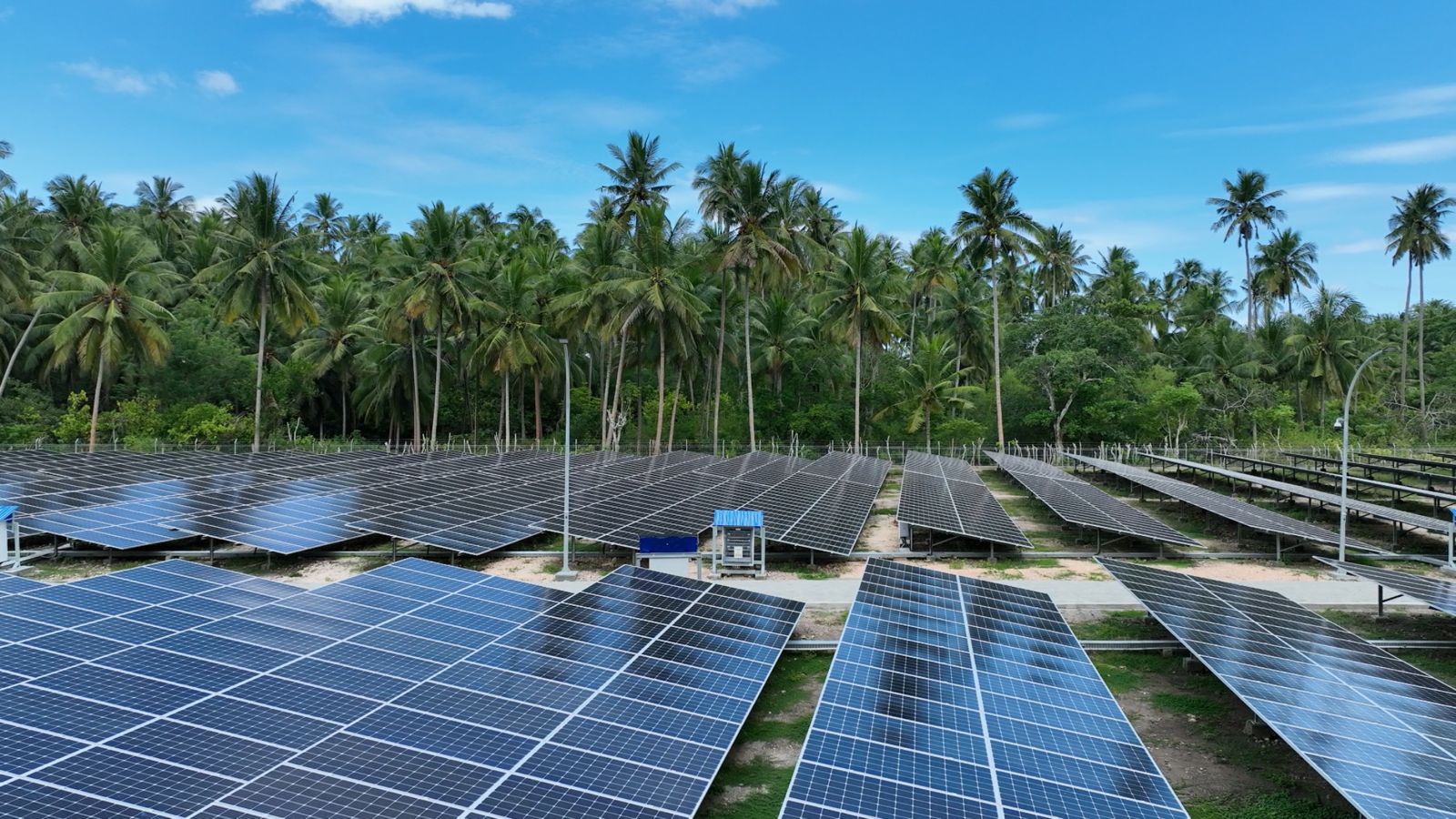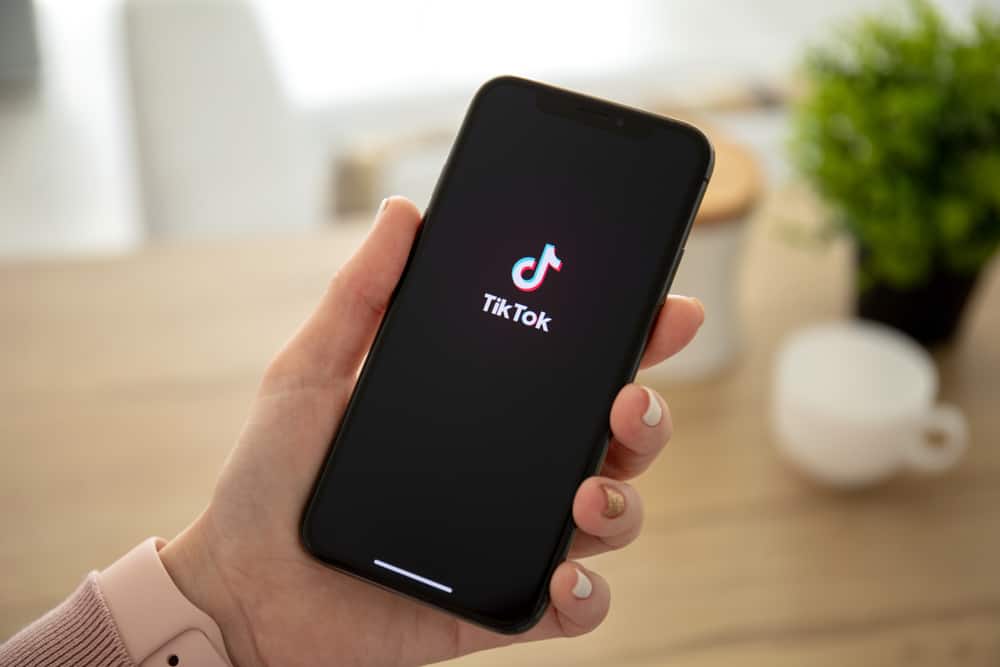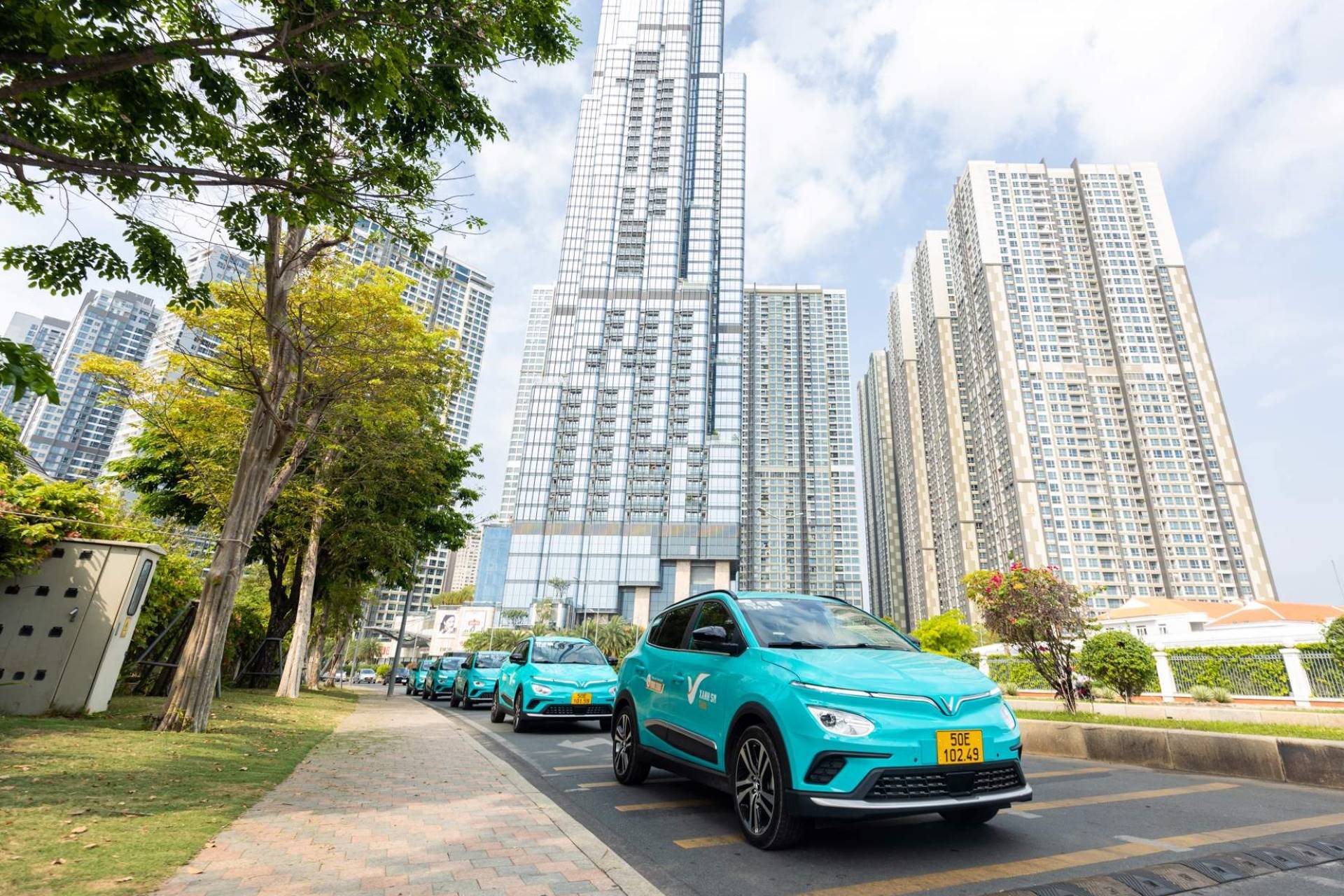
Government Relaxes Regulations to Facilitate Solar Power Plant Funding from Abroad
The government continues to streamline the flow of investments to support solar power plant (PLTS) projects in Indonesia. Deputy for Infrastructure and Transportation Coordination at the Coordinating Ministry for Maritime Affairs and Investment (Kemenko Marves), Rachmat Kaimuddin, mentioned that PLTS entrepreneurs still face difficulties obtaining funds from foreign financial institutions.
According to Rachmat, most foreign financial institutions have certain criteria or requirements that complicate the efforts of PLTS entrepreneurs in Indonesia. One such requirement is the inclusion of Local Content Level (TKDN).
“To get foreign financing, we have to include TKDN, which means we can’t get money from the World Bank, ADB (Asian Development Bank), Islamic Development Bank, none of them. So, this has to be opened up so that it can happen now,” said Rachmat during a press conference at the Pullman Hotel, Central Jakarta, Wednesday (8/7/2024).
Rachmat also highlighted that the domestic PLTS industry rarely meets the TKDN of 40% for 2024 and 60% for 2025. The primary hindrance is the quality of local technology components that still need improvement.
“The technology is continuously developing, so currently we are also inviting suppliers or manufacturers who can produce with technology suitable for current conditions. We also encourage existing ones to invest more to meet the required specifications,” he explained.
To address this issue, the government is relaxing regulations to allow PLTS projects to obtain funding from abroad. The Ministry of Industry Regulation No. 34/2024, which revises Permenperin 4/2017, and the Ministry of Energy and Mineral Resources Regulation (PermenESDM) 11/2024 are two regulations revised to relax the TKDN required for electricity projects. With these revisions, PLTS projects may not need to meet TKDN as long as they receive grants from abroad.
However, there are several conditions that businesses must fulfill. The funding must be at least 50% of the total project requirement, the foreign grant or loan agreement must be signed no later than 2024, and the government allows a maximum importation period of one year for PLTS. “So, imports can’t take too long. This can be considered to get import relaxation for modules or other PLTS components,” Rachmat added.
Rachmat also explained that approval for import relaxation must be obtained in a coordination meeting led by Coordinating Minister for Maritime Affairs Luhut Binsar Pandjaitan. “The coordination meeting is led by the Coordinating Minister in charge of mineral and energy affairs. In this case, the Coordinating Minister for Maritime Affairs, who is also the Head of the Task Force for Increasing the Use of Domestic Products (P3DN),” he explained.







